#culture

№ 9 (48) 2025
Russian Artists. Valentin Serov
Great master of psychological portraiture of Russian modernism.
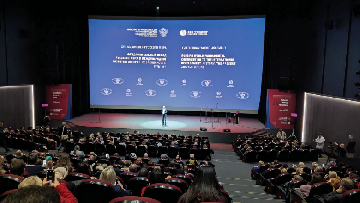
№ 9 (48) 2025
XVII Russian World Assembly
The main theme of the event was “Russian World Fundamental Contribution to the International Development: History, the Present and the Future.”
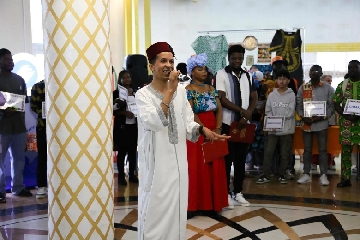
30.06.2025
International Students at ASTU Celebrated Africa Week in a Big Way
Every year Astrakhan State Technical University holds Africa Week, an event where African students familiarize their Russian friends with the culture and traditions of their countries.
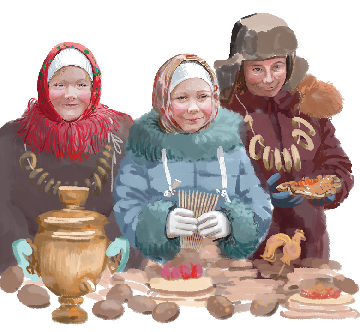
№ 2 (41) 2025
Russian Traditions at a Glance
Russia is a country with a rich culture and traditions. Many of them are related to festivals, hospitality and special customs. Let's get acquainted with some of them to better understand how Russian people live and relax.
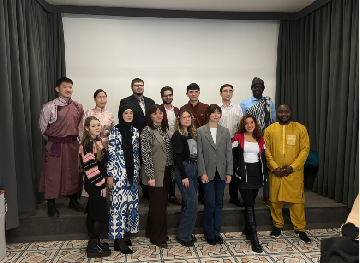
27.02.2025
SUSU Celebrated International Mother Language Day
South Ural State University held a concert for the International Mother Language Day with the participation of students from various countries.
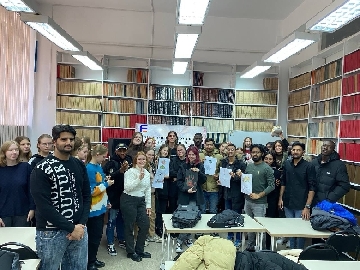
31.01.2025
International Students at YSTU Get Acquainted with Russian Phraseology
The teachers at the YSTU Department of Foreign Languages held a meeting with international students as part of the Russian Language Club with the students of the Institute of Architecture and Design.